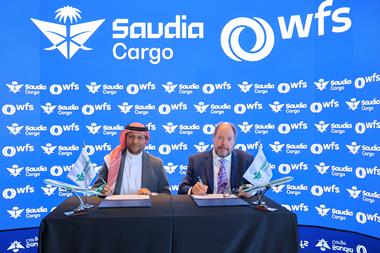Boeing is in hot water over the safety of its 737 Max planes, leaving the industry with many questions about the future of the plane manufacturer’s production and supply chains.
If the garage that services your car operated in the same manner as Boeing, you probably would go elsewhere without hesitation. Airlines haven’t got that choice.
The investigation into the loss of a panel in the fuselage of an Alaska Airlines Boeing 737 Max 9 in January has proceeded from the baffling – how could that panel come off in flight? – to the surreal, with the discovery that it had not been fixed into the frame with the required bolts during a spell of repairs in Boeing’s plant in Renton and subsequent revelations that Boeing had somehow failed to find any records of the maintenance work carried out at the time and that footage from security cameras in the facility was overwritten.
In an industry where normally every step is painstakingly recorded, such a cavalier approach beggars the imagination.
It is all the more extraordinary in light of the fact that Boeing had already tarnished its reputation with its failure to disclose the existence of the MCAS automatic flight control feature on the 737 Max that played a part in the fatal crash of Lion Air flight in 2018.
The US Department of Justice has reportedly opened a criminal investigation into the Alaska Air incident.
Meanwhile, Boeing has entered into an agreement with the Department of Justice to resolve a criminal charge related to a conspiracy to defraud the Federal Aviation Administration’s Aircraft Evaluation Group (FAA AEG) in connection with the FAA AEG’s evaluation of Boeing’s 737 MAX airplane.
The FAA has capped Boeing’s 737 Max output, bottling its plans to ramp up production. Regulators are bound to intensify their scrutiny of the plane maker’s processes. This does not augur well for a quick lifting of the restriction on 737 output, nor for easy certification of the 737 Max 10. United Airlines told Boeing to stop building the plane for its fleet, citing uncertainty when it might be certified.
For an industry scrambling to add planes, this is a dilemma, as Airbus’ order books are full. A crippled plane maker is the last thing that is needed.
https://www.aircargonews.net/airlines/putzger-perspective-new-alignments/









